Buying a used office chair? Perform these 5 checks to ensure it's a good fit
Nothing beats a deal on a gently used chair
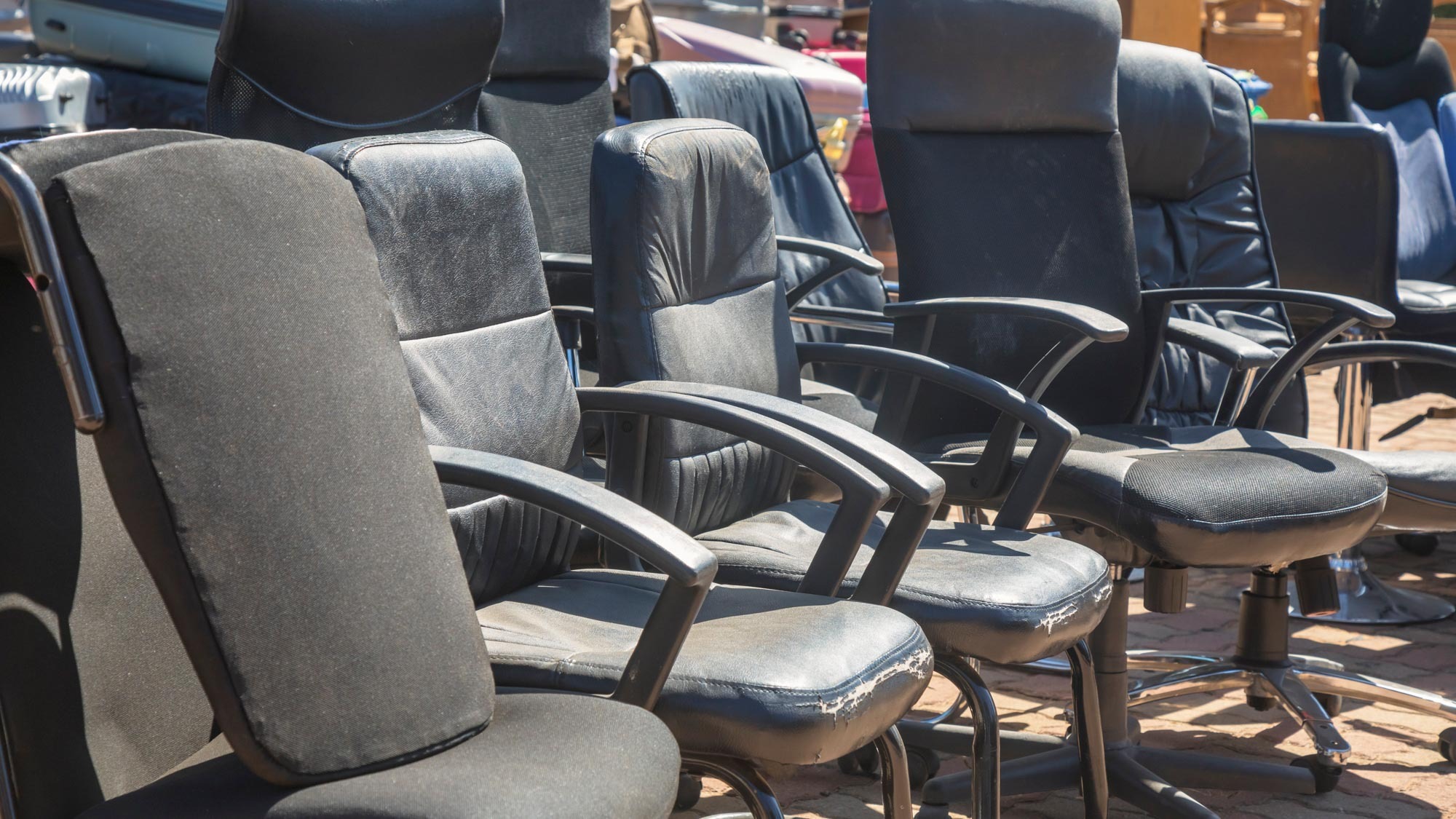
If this is your first time shopping for the best office chair, you may be surprised to see how high prices can soar for premium models. To save yourself some cheddar without compromising quality, you may benefit from looking down the secondhand rabbit hole and finding used models that work nearly as well as their brand-new counterparts.
Unfortunately, as you might know from previous experiences shopping at used furniture stores or braving Facebook Marketplace, this approach to finding furniture is fraught with pitfalls. People may try to push deceptively damaged or ill-performing chairs if they think they can get away with it, and plenty more sellers are simply unaware of any issues. As such, carefully inspecting anything you're considering purchasing is paramount in the secondhand world.
I've been buying and selling everything from mountain bikes to appliances to vinyl records secondhand for the past decade. When I first started, I let myself get scammed enough to know exactly how to avoid it. Now, I live in an apartment that's furnished almost entirely with used furniture purchased on a college grad's budget, and none of it stinks. Not by either definition. I'm here to share the steps I took to ensure I was only investing in quality items.
These tidbits of advice can carry over to just about anything you're buying secondhand. I've taken the time to translate those general principles into chair-speak to give you 5 examples of what to look for.
1. Know the model
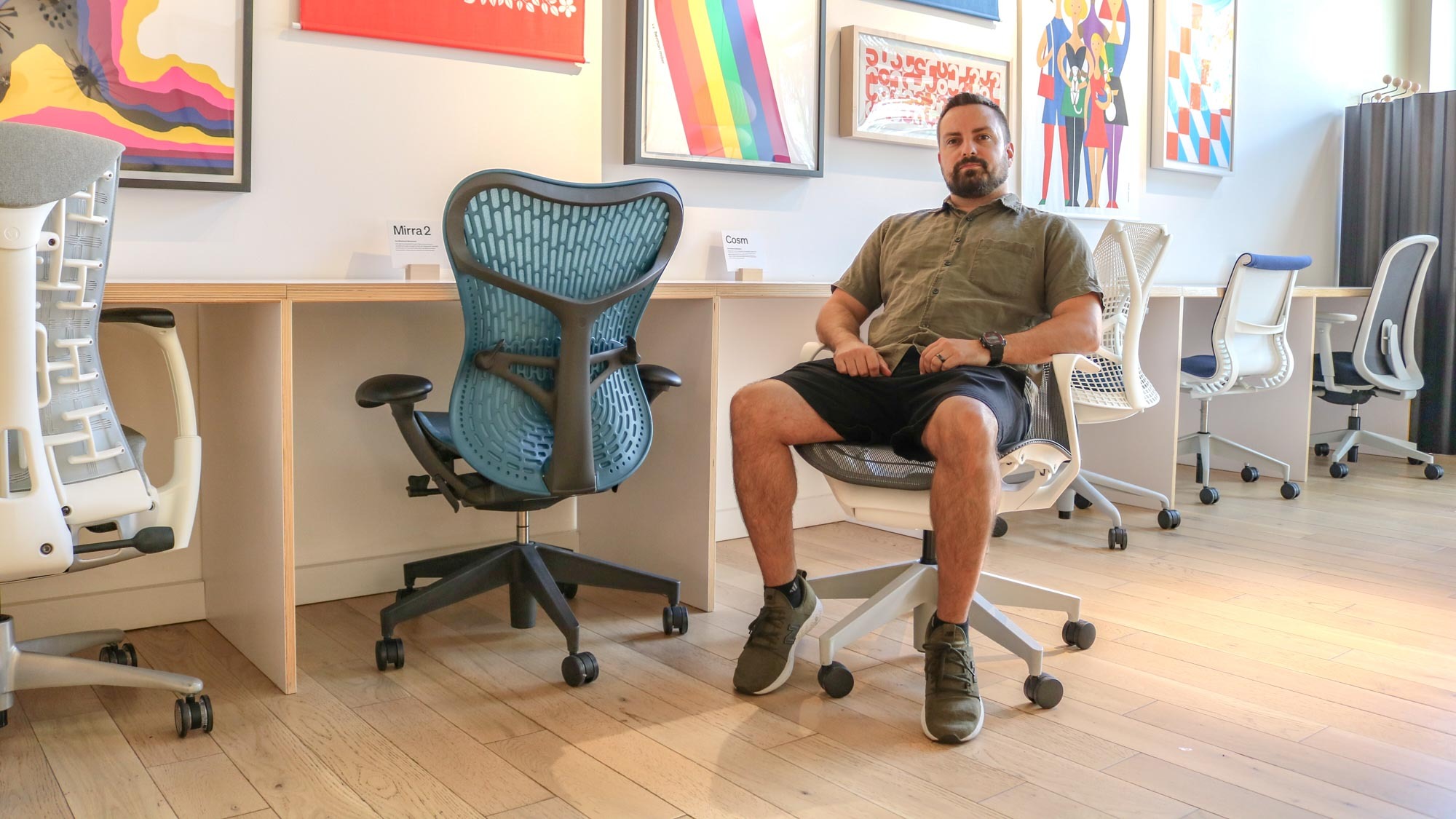
This one may seem like a no-brainer, but there's a lot more to knowing a chair than simply knowing what it's called. The range of quality from the cruddiest office chairs to the fanciest is vast, so knowing some top brands with tried-and-true builds will help you weed through the mire.
Knowing the model you're about to try out can also help you compare prices. What does a brand-new version of a given chair cost? Is the markdown appropriate given the chair's age, apparent wear, and resale value? If you can, try to find other listings of the same chair in different areas to gather a greater pool of data points for your haggling endeavors.
2. Check every moving part
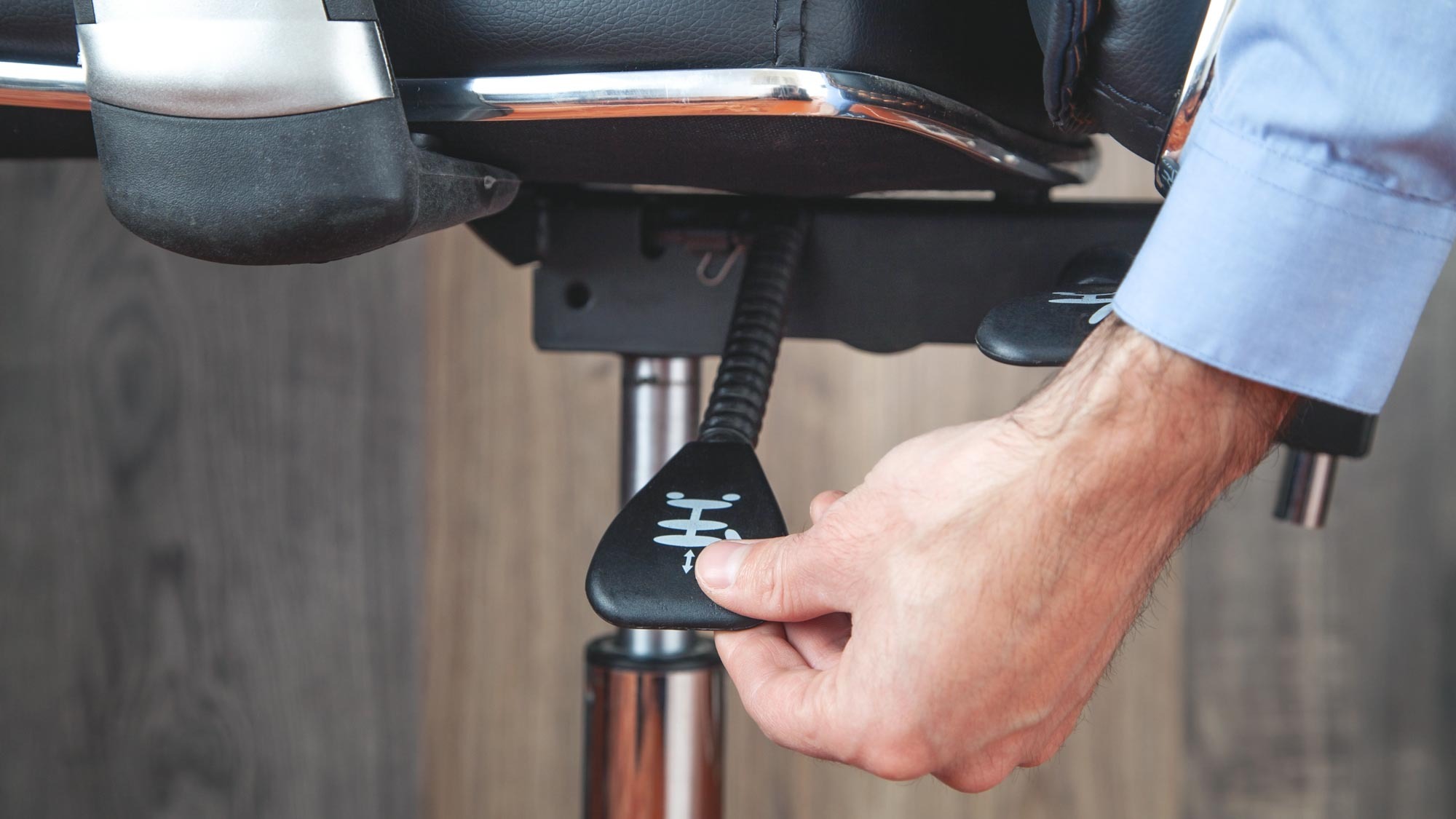
Office chairs, especially high-end ones, are sneakily intricate. They have all kinds of adjustment knobs for seat height, tilt resistance, lumbar support positioning, and recline angle. Normal wear and tear might cause some of these functions to become sloppier or stop working altogether. If having that degree of adjustment is critical, so is checking to ensure that every lever, knob and pivot point works.
Sign up to get the BEST of Tom's Guide direct to your inbox.
Get instant access to breaking news, the hottest reviews, great deals and helpful tips.
When you finally get to see your potential pick in person, take all the time you need to sit in the chair, play around with each knob, roll it around to check the wheels, and configure it in every position in which you can imagine yourself sitting. If you hear any concerning noises, feel any play, or simply can't adjust the chair the way you want to, consider it a deal-breaker. There's a better chair for you out there.
3. Check for cleanliness
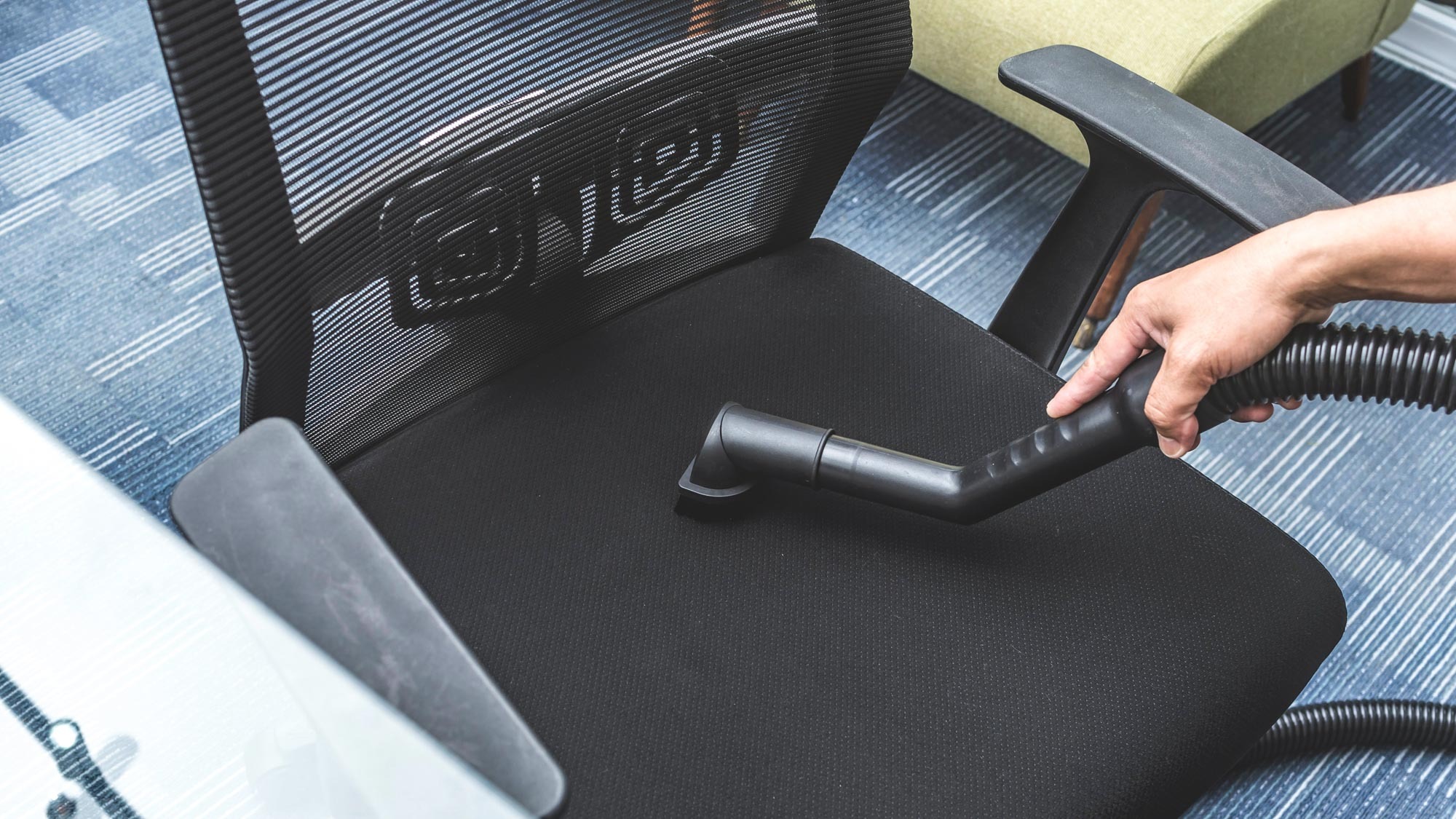
Nothing is going to be completely sterile if another human being has used it, but there's a line between a chair that needs a light dusting and one that would change color after a bout with your garden hose.
There are two reasons you shouldn't consider picking anything up that's egregiously dirty. First and foremost, it's nasty. But the second reason feeds into the next step: dirt and grime make it a lot harder to check for wear or damage. Any excessive mess generally evidences that a chair was treated poorly throughout its life. This is an especially big consideration if you're looking at a chair made with premium materials like leather, which can deteriorate without proper care.
No matter how clean a chair looks, you'll definitely want to hit it with a vacuum (and maybe a steam wand) when you get home.
4. Check for damage
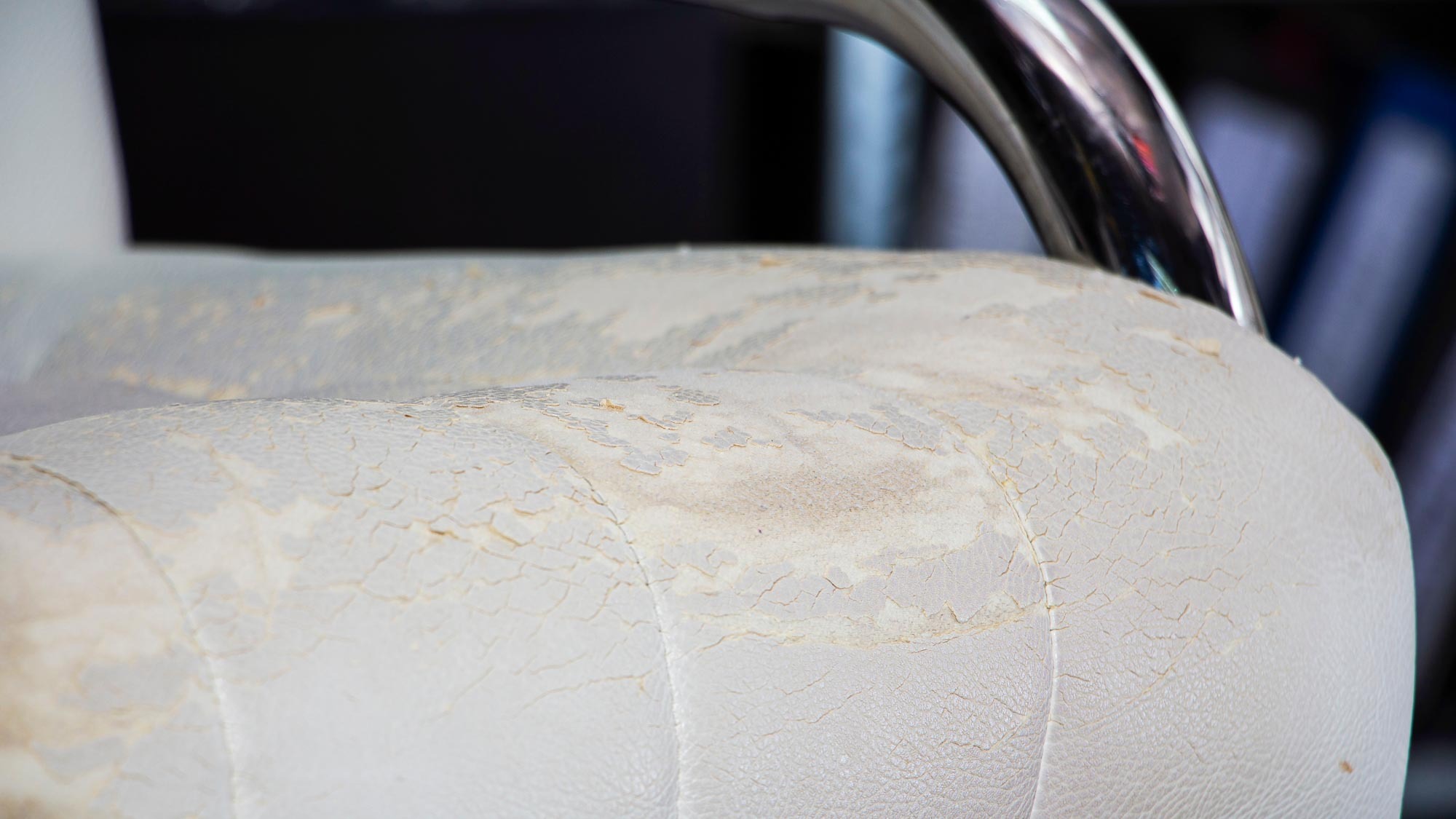
No matter how much we may try to avoid it, all our stuff gets scuffed. It's a natural consequence of the entropic world we live in — we might spill a drink on our seat or poke a hole in our armrests with an errant pencil. Those kinds of cosmetic marks are unavoidable with any used product, but it's important to ensure that damage is only cosmetic (and, if you're paying a lot, not too substantial).
You may find damage while you're performing step 2, but you could also find issues like torn backrest mesh, cracked wheels, or peeling cushions that may affect the functionality of the chair once they get worse. Don't be afraid to bring a flashlight and check under the seat, especially if it's darkly colored.
5. Double-check any warranty
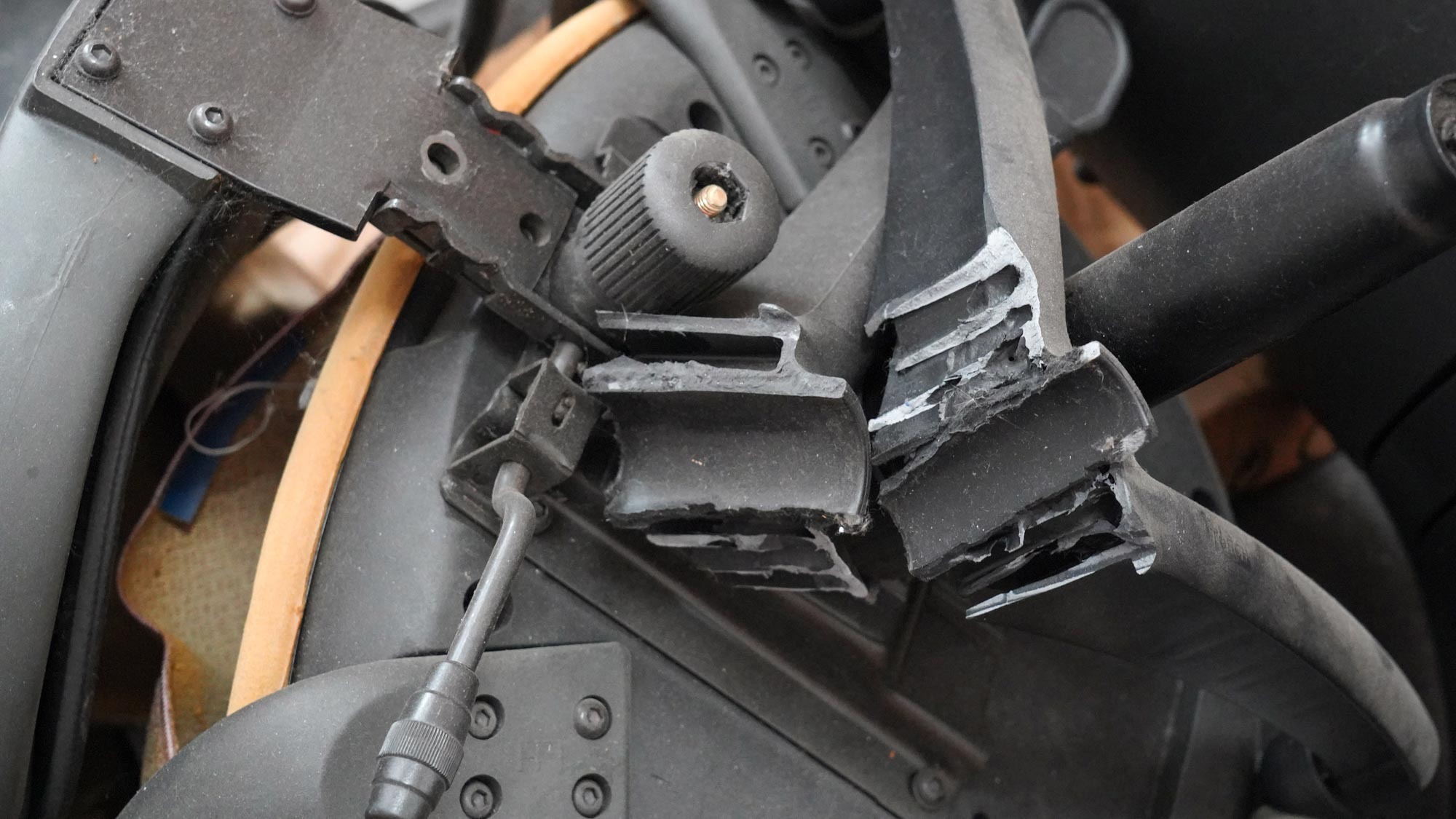
Having a warranty on your chair isn't completely necessary, but it can save you an enormous headache if you run into unexpected technical problems in the future. The issue with buying secondhand is that many warranties expire when the original owner sells the chair. You can sometimes sneak around these limitations if you can score the original purchase records for a chair, but don't hang your hat on it.
If having warranty coverage is important to you, be sure to check the brand's website for any information regarding transferability. Make note, also, of any expiration dates related to a chair's warranty, as some models may be too old for you to file a claim on them.

Adam Schram is a staff writer covering home office gear for Tom's Guide, writing about everything from standing desks to comfy chairs to the occasional walking treadmill. Prior to his tenure with the team, he reviewed running gear for Runner's World, cycling gear for Bicycling, and the occasional Lego set for Popular Mechanics. Before he became a journalist, he was a bike mechanic in his home town of State College, Pennsylvania for almost seven years. Now, he's based in Philadelphia. He spends his free time ripping his bike around local trails, perusing the local music scene, and trying in vain to do the Sunday crossword without cheating.
